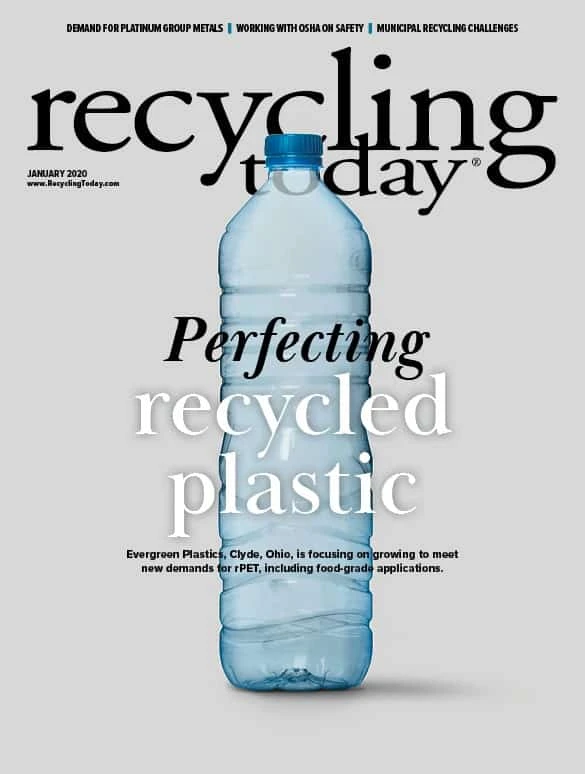
Senators introduce RECYCLE Act
Two U.S. senators have introduced bipartisan legislation that would create a new federal grant program through the Environmental Protection Agency (EPA) to help educate households and consumers about residential and community recycling programs.
U.S. Sens. Rob Portman and Debbie Stabenow have introduced the Recycling Enhancements to Collection and Yield through Consumer Learning and Education (RECYCLE) Act of 2019 (S.B. 2941), which is designed help increase recycling rates and reduce contamination in the recycling stream, according to a news release on Portman’s website. U.S. Sens. Susan Collins, Ron Wyden and Todd Young are co-sponsors.
If enacted, the RECYCLE Act would:
Reports have indicated that consumer confusion on how to properly recycle is one of the top recycling challenges and that education and outreach increase participation in recycling and decrease contamination. According to the EPA, the recycling rate in the U.S. is 35.2 percent, and $9 billion worth of recyclables are thrown away each year, which presents an opportunity to improve the nation’s recycling systems.
“Reports have indicated that one-third of materials that households put into their recycling bins end up in landfills and are not actually recycled,” Portman says. “This is in part because there is confusion about what can actually be recycled, which leads to contamination of materials that could otherwise be recycled but instead are landfilled. Education is a key component in both increasing the amount of material that is being recycled and ensuring that the material being put into community and residential recycling programs is actually being recycled.”
“To improve recycling rates across our country, local communities must have the right tools to recycle in an effective way,” Stabenow adds. “Sen. Portman and I introduced this bill to help households understand what can and cannot be recycled and invest in programs that improve recycling practices across the country.”
Recycling industry associations, including the Institute of Scrap Recycling Industries (ISRI), Washington, and the National Waste & Recycling Association (NWRA), Arlington, Virginia, have expressed support for this bill.

Explore the January 2020 Issue
Check out more from this issue and find your next story to read.
Latest from Recycling Today
- Aqua Metals secures $1.5M loan, reports operational strides
- AF&PA urges veto of NY bill
- Aluminum Association includes recycling among 2025 policy priorities
- AISI applauds waterways spending bill
- Lux Research questions hydrogen’s transportation role
- Sonoco selling thermoformed, flexible packaging business to Toppan for $1.8B
- ReMA offers Superfund informational reports
- Hyster-Yale commits to US production





